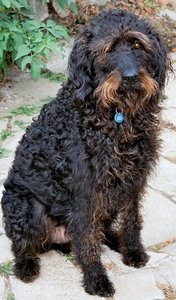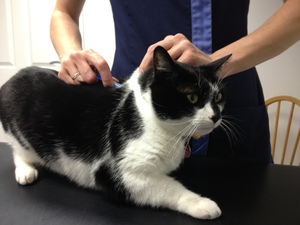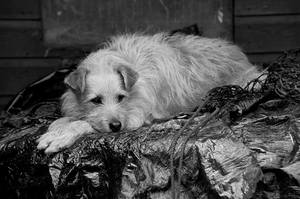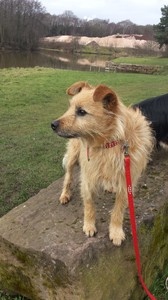Many of our pets suffer from noise phobia. In particular, firework phobias can mean a stressful time for our dogs and cats, not only in November, but over the New Year celebrations as well. Signs of phobia can range from hiding away to destructive behaviours.
Whilst there are things we can do to help manage these times for our pets, in the long run we want to try and directly address the phobia itself. One of the most effective ways of helping our pets with this is sound desensitisation. This involves a very slow build-up of sound, starting at a level which the animal can barely hear and can still associate with a positive experience. The easiest way to do this is with sound phobia CD’s which can cover a range of sounds and sound phobias, and have an easy progression to follow, which you can tailor to your pets progress.
It is important that we carry out desensitisation at a time when there will be no interruptions from actual fireworks, as desensitisation is a gradual process which relies on positive experiences during all progressive stages. Firework phobia is fear based and so any desensitisation relies on an environment where fearful episodes do not take place.
This means that this time of year is ideal to start desensitisation, with plenty of time before the firework season starts. If you would like more information, or would like to chat to one of our vets about how to get started please call us on 01606 880890.




